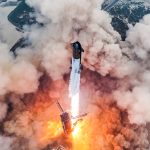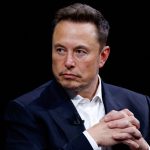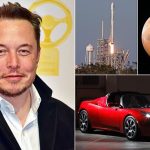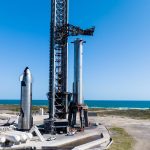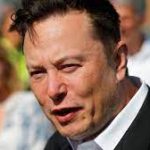Billionaire Musk Aids Doctors Without Borders with $100,000 – A Vital Contribution to Global Healthcare?
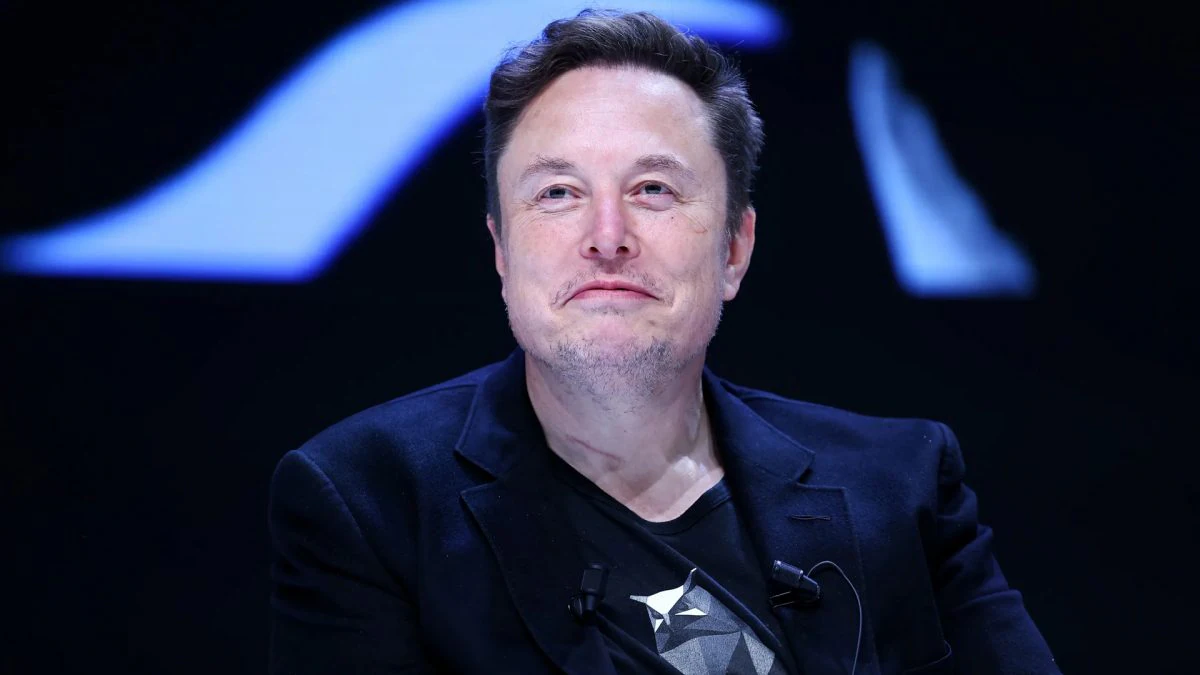
1. Musk’s $100,000 Donation: A Boost for Global Healthcare Efforts
Elon Musk, the tech billionaire behind companies like Tesla and SpaceX, has pledged a generous $100,000 donation to Doctors Without Borders (Médecins Sans Frontières, MSF), the international medical humanitarian organization. This contribution, though modest by Musk’s standards, comes at a time when MSF is facing growing demands for its services, particularly in areas affected by conflicts, natural disasters, and pandemics.
Doctors Without Borders is known for its tireless work providing emergency medical care to vulnerable populations around the world. With operations in more than 70 countries, MSF offers vital medical services in areas where access to healthcare is limited or unavailable. From providing care in conflict zones to responding to health crises like the Ebola outbreak, MSF’s staff are often the first line of defense for those in need.
Musk’s $100,000 donation will support the organization’s mission by helping fund ongoing medical projects and ensuring that MSF has the resources necessary to provide life-saving care. While Musk’s wealth runs into the billions, his decision to donate a relatively small amount to MSF has sparked discussions on the broader role of philanthropy in global healthcare.
In his statement, Musk emphasized the importance of organizations like MSF in addressing global health disparities. “Doctors Without Borders provides critical medical services in areas where the need is most urgent. I’m proud to support their efforts and help make a difference in the lives of those who need it most,” Musk said. The donation is seen as a vital contribution to MSF’s ongoing work, helping to sustain and expand their operations in regions where healthcare is scarce.
2. The Work of Doctors Without Borders: Responding to Crises Worldwide
Doctors Without Borders is one of the most prominent and respected humanitarian organizations in the world. Founded in 1971, the organization provides medical care in areas where local healthcare systems are overwhelmed or nonexistent. MSF operates in some of the most dangerous and challenging environments, from conflict zones in Syria to refugee camps in South Sudan, ensuring that medical care is available even when no one else can provide it.
The organization’s work spans several key areas, including:
-
Conflict Zones: MSF has a long history of providing medical care in active conflict zones, offering life-saving treatments to victims of war, providing mental health services, and running emergency medical programs. In places like Yemen and the Democratic Republic of Congo, MSF teams are often the only medical providers available, treating injuries from bombings, gunshots, and other forms of violence.
-
Natural Disasters: When disasters strike, MSF is quick to respond. Whether it’s providing emergency medical services after earthquakes, floods, or other natural disasters, MSF has built a reputation for delivering critical care under the most difficult circumstances. In 2020, MSF was one of the first organizations to provide medical care during the COVID-19 pandemic in many countries where healthcare infrastructure was already weak.
-
Epidemic and Disease Response: MSF has been at the forefront of responding to major health crises, including outbreaks of Ebola, cholera, and malaria. Their ability to mobilize quickly and provide emergency care is vital in stopping the spread of infectious diseases. The organization was instrumental in the fight against the Ebola outbreak in West Africa and continues to monitor and respond to other infectious disease outbreaks around the world.
-
Refugee and Migrant Health: With millions of people displaced due to conflict, persecution, and natural disasters, MSF provides essential healthcare to refugees and migrants. MSF operates numerous clinics in refugee camps, offering everything from prenatal care to vaccinations, trauma care, and mental health services.
Given the organization’s vast scope of operations and the scale of the crises it responds to, MSF relies heavily on donations and funding to sustain its work. While governments and large organizations provide some financial support, MSF also depends on private donations to fund its programs. Musk’s $100,000 donation is a welcome addition to this funding pool, ensuring that MSF can continue its vital work.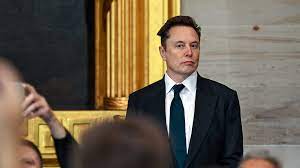
3. The Impact of Musk’s Donation: A Small but Meaningful Contribution
While $100,000 may seem like a small amount compared to Elon Musk’s immense fortune, it can have a significant impact when it comes to the work of Doctors Without Borders. MSF is known for its efficient and direct use of resources, and donations of this size can help fund specific projects, such as building or maintaining medical facilities, purchasing medicines and equipment, or supporting emergency medical teams on the ground.
For example, a donation of $100,000 could fund the establishment of a temporary clinic in a region facing a health crisis or contribute to the cost of training local healthcare workers to manage outbreaks of infectious diseases. In areas where basic medical supplies and equipment are in short supply, such contributions can provide essential resources that are often the difference between life and death for vulnerable populations.
Moreover, Musk’s donation highlights the role of private philanthropy in global healthcare. While organizations like MSF receive government support and large-scale funding from international agencies, private donations are crucial to ensuring that medical teams have the flexibility and resources to respond quickly to emerging crises. Musk’s decision to support MSF reinforces the idea that individuals and corporations have a responsibility to contribute to global health initiatives, particularly when the need is urgent.
This donation also underscores the importance of corporate social responsibility (CSR) in today’s world. As wealthy individuals and corporations are increasingly expected to play an active role in addressing global challenges, Musk’s donation sets an example for other tech moguls and business leaders to follow. While some billionaires have been criticized for their lack of charitable giving, Musk’s involvement in global healthcare philanthropy shows that private wealth can be a powerful tool for positive change.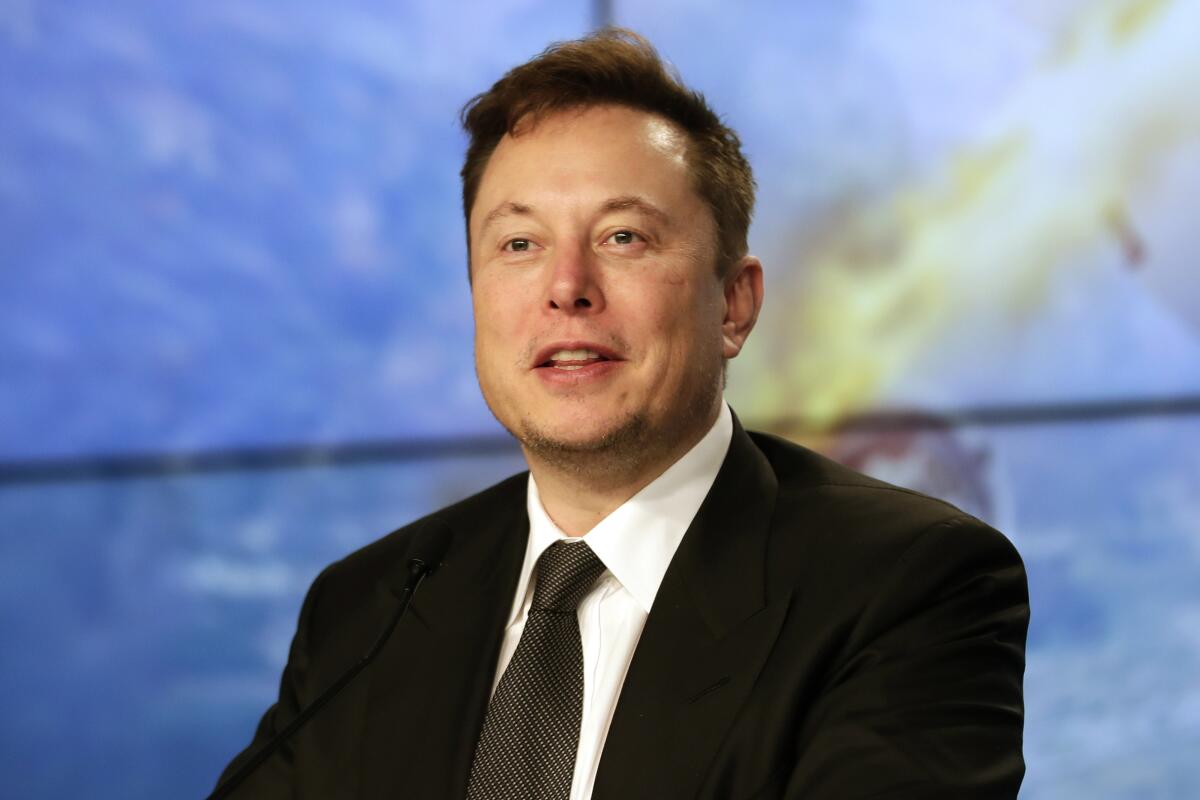
4. What’s Next for MSF: Expanding Efforts with Support from Private Philanthropy
The $100,000 donation from Musk comes at a time when Doctors Without Borders faces increasing demands for its services. With ongoing conflicts, health crises, and refugee situations around the world, MSF is stretched thin, requiring more funding to continue providing essential medical care in hard-to-reach areas.
Musk’s contribution may not be the largest donation MSF has ever received, but it highlights the growing need for collaboration between the private sector, governments, and humanitarian organizations. As global healthcare challenges become more complex, MSF will need to continue expanding its network of donors and supporters to ensure that it can meet the needs of vulnerable populations.
In the coming years, MSF will likely face new challenges, particularly as climate change exacerbates existing crises and causes more frequent natural disasters. The rise of new infectious diseases, combined with the ongoing impact of conflicts and migration, means that MSF’s work will remain essential. Philanthropic support, such as Musk’s donation, will continue to play a crucial role in enabling MSF to adapt to these challenges and ensure that it remains at the forefront of providing emergency healthcare worldwide.
Musk’s donation also shines a light on the importance of investing in healthcare infrastructure in crisis-prone areas. In many parts of the world, healthcare systems are either underdeveloped or completely overwhelmed by ongoing crises. By funding MSF’s operations, Musk is indirectly supporting the creation of more resilient healthcare infrastructures that can withstand the pressures of war, disease, and environmental disasters.
Furthermore, Musk’s focus on supporting humanitarian organizations like MSF demonstrates a broader recognition of the need for global solidarity in addressing health issues. By investing in healthcare programs and initiatives that operate on the frontlines of crises, Musk is contributing to a more equitable global healthcare system.
